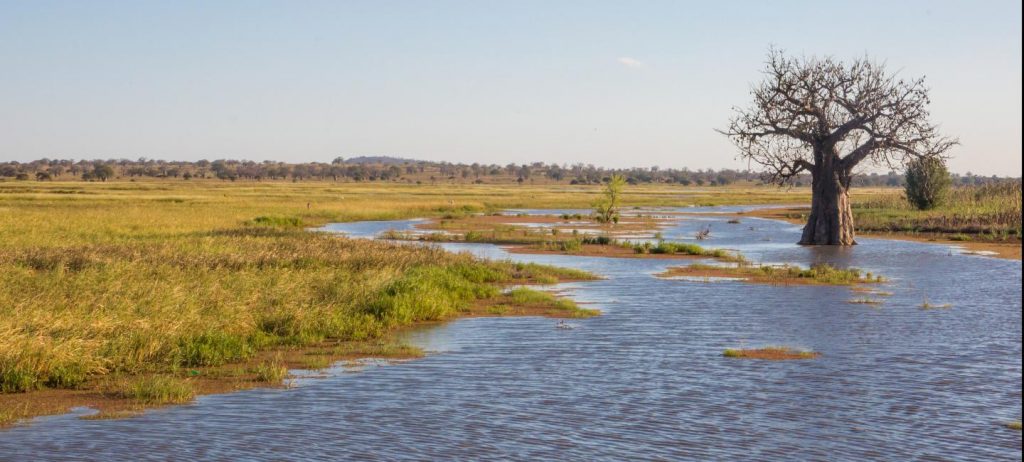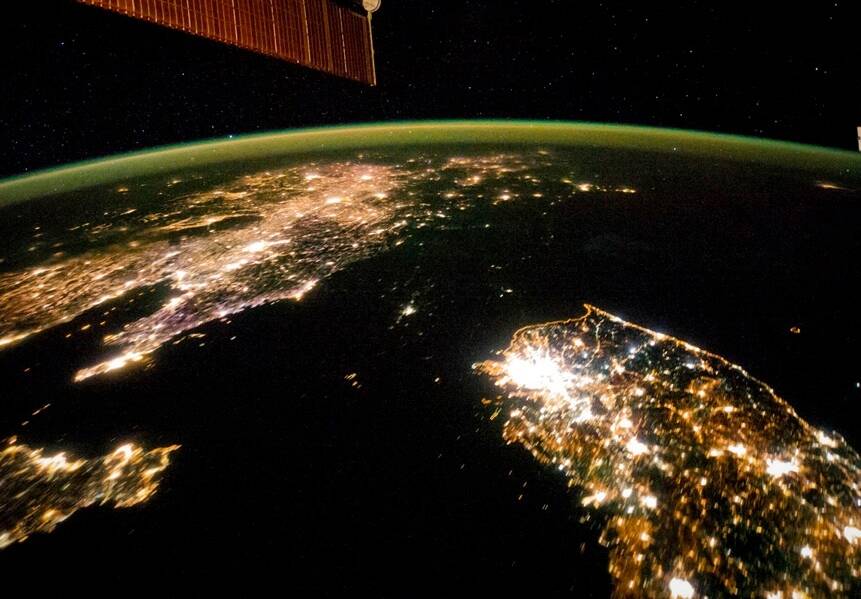The half moon is blood red tonight. Wildfires have consumed a million and a half acres in California. Under the smoky skies, ominousness pervades the atmosphere day and night.
No scientist has any idea how much carbon the atmosphere can absorb, or how much human filth the oceans can take before nature reaches a tipping point, and there is ecological collapse.
The fault lies not just with right wing troglodytes living in an alternate universe where the maleficent Trump is seen as “the bodyguard of Western civilization.” Denial rules with New Agers as well. I recently received an email from Vermont lefties that pushes wishful thinking over the line into delusion. It was entitled: “So Many Things are Haaaaaaapppeennning!”
As the Sixth Extinction proceeds apace, in the United Kingdom educated people are at least trying to come to grips with reality. A group called the Climate Change Alliance (CPA) links climate change with depth psychology.

In their mission statement, CPA correctly says, “Climate change is not a scientific problem waiting for a technical solution. It’s an urgent, frightening, systemic problem involving environment, culture and politics. It engenders fear, denial and despair amongst individuals, evasion, indifference and duplicity amongst the powerful.”
CPA’s Chair, Chris Robertson, goes further, writing, “Climate change is not about ‘solving a problem,’ but creating a new world. It can be recognized as our species toughest, but greatest, opportunity.”
Disappointingly, the Climate Psychology Alliance then proceeds to ask the wrong question: “With the growing awareness that we face a climate crisis that threatens ecological and social collapse, how as a species can adapt to the new world of the Anthropocene?”
To be blunt, if there is no choice but to “adapt to the new world of the Anthropocene,” our age is doomed. As the saying goes, and psychologists know, “It is no measure of health to be well adjusted to a profoundly sick society.”
Indeed, it may well be that the reason more people aren’t responding to the ecological crisis (“climate change” is too narrow a term for the man-made environmental climacteric) is that most people are adapting quite well to it.
Of course, there are “climate change’s ‘canaries,’” as CPA puts it, “activists and scientists having to face at times unmanageable feelings of despair, anger and grief.”
So which is it, adapting to the Anthropocene, or creating a new world? Perhaps climate change psychologists are still sorting that out, but they, along with the rest of us who still care about the earth and the human capacity to live harmoniously and equitably on it, urgently need to find out.
Essentially, climate change reflects and intensifies the crisis of human consciousness. Meeting it requires radically changing from self-ignorant, tribal humans into self-knowing, holistic human beings.
Otherwise, CPA’s commendable goal of “providing support and deepening our understanding of how climate anxiety plays out both in our individual lives and in our culture” will be like scattering seeds onto pavement.
The Anthropocene Age is defined as “the current geological age, during which human activity has been the dominant influence on climate and the environment.” Needless to say, it’s a philosophically fraught term, in which the attempt at neutrality and objectivity are strained, like humankind’s relationship to nature, to the breaking point.

We cannot be objective, much less objectify man’s rapaciousness of the earth. Humankind’s domination actually means increasing fragmentation of seamless ecological systems that have evolved over millions if not billions of years.
The Anthropocene Age is not another geological epoch, like the Eocene or the Holocene. It is the wholesale destruction of the planet on which we, a sentient and purportedly sapient species, evolved.
Besides, it is not the “new world of the Anthropocene,” but the old world of man, a world that has become very old indeed.
As individuals, we only need to adapt to the Anthropocene Age if our age is doomed. Is it? If so, will be like living in the United States during the Covid-19 pandemic, where it’s every man and woman, with their children if they’ve been foolish enough to have them, for themselves.
There are three levels of social death beyond the individual: the death of one’s people (which occurred in America over a generation ago); the death of one’s age, which is in question now; and the death of one’s species as a potentially intelligent species.
Most people experience the death of their people as the death of humanity. It isn’t, though the future of humanity is certainly in question. It weighs heavily on all of us, whether we’ve temporarily adapted to this sick global society or not.
Martin LeFevre
The post An Adequate Response to Climate Change first appeared on The Costa Rican Times.
No comments:
Post a Comment